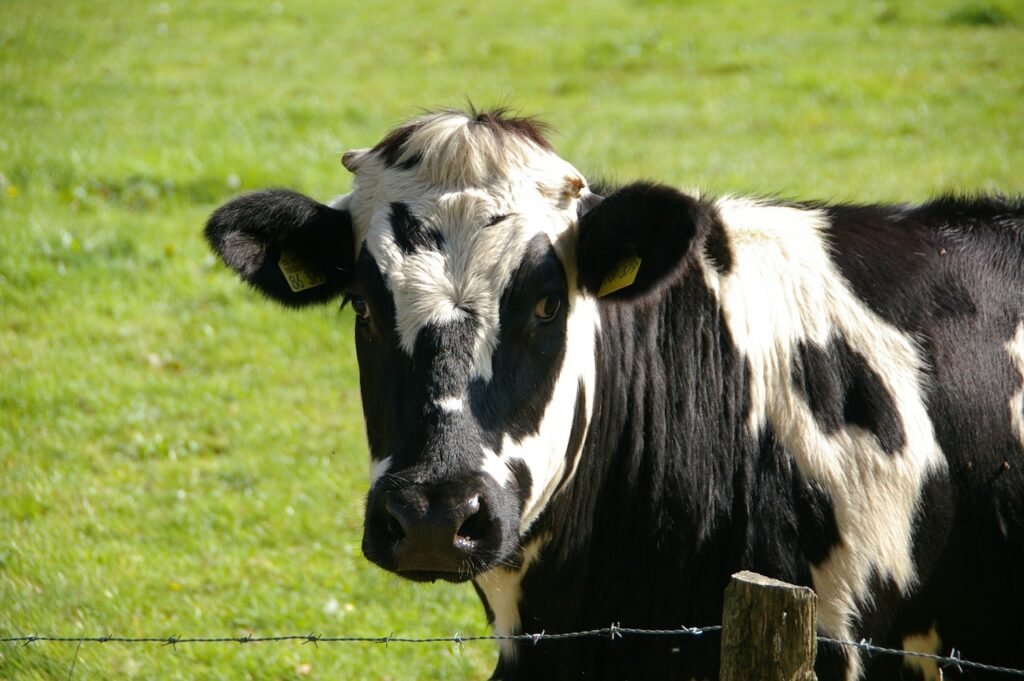
In the world of animal husbandry and agriculture, the quest for more efficient and sustainable methods of raising livestock and growing crops is ever-present. One innovative approach that has gained significant attention in recent years is the use of plant-derived amino acids to chelate minerals as feed additives. This article explores the benefits and applications of this cutting-edge technique, shedding light on how it can revolutionize the way we nourish our livestock and enhance crop yields.
The Foundation of Chelation
Understanding Chelation
Before delving into the advantages of plant-derived amino acids as chelating agents, it’s essential to comprehend what chelation is. Chelation is a chemical process wherein organic molecules, in this case, amino acids derived from plants, form bonds with essential minerals. These bonds effectively encase the minerals, creating stable complexes that are easily absorbed and utilized by animals and plants.
The Benefits of Plant-Derived Amino Acids
Enhanced Nutrient Absorption
One of the primary advantages of using plant-derived amino acids for chelation is their ability to enhance nutrient absorption. Amino acids serve as carriers, escorting minerals through the digestive system and into the bloodstream, where they can be efficiently utilized by the organism.
Reduced Environmental Impact
Plant-derived amino acids are obtained from sustainable sources, reducing the environmental footprint associated with mineral supplementation in agriculture. This approach aligns with the growing demand for eco-friendly farming practices.
Improved Animal Health
Livestock fed with minerals chelated by plant-derived amino acids often exhibit improved overall health. These amino acids support the immune system, aiding in disease resistance and promoting animal well-being.
Enhanced Crop Yields
In crop agriculture, the application of minerals chelated with plant-derived amino acids can lead to higher yields and better quality produce. This is attributed to the improved availability of essential nutrients to plants.
Applications in Animal Husbandry
Poultry Farming
Plant-derived amino acids are especially beneficial in poultry farming. They enhance the absorption of minerals like calcium and phosphorus, contributing to stronger eggshells and healthier bones in chickens.
Dairy Industry
In the dairy industry, these amino acids can increase the bioavailability of minerals such as magnesium and zinc, ultimately improving milk quality and the health of dairy cattle.
Swine Production
For swine producers, plant-derived amino acids offer an efficient way to ensure optimal mineral utilization, leading to improved growth rates and reduced feed costs.
Applications in Crop Agriculture
Soil Enrichment
Adding plant-derived amino acid-chelated minerals to the soil can replenish essential nutrients, promoting healthier plant growth and higher yields.
Foliar Sprays
Foliar applications of these chelated minerals enable plants to absorb nutrients directly through their leaves, bypassing soil limitations and ensuring efficient nutrient delivery.
Sustainable Agriculture
The sustainable nature of plant-derived amino acids aligns with the principles of sustainable agriculture, making them a valuable tool for environmentally conscious farmers.
Conclusion
The utilization of plant-derived amino acids to chelate minerals as feed additives represents a significant advancement in the field of agriculture. This approach not only enhances nutrient absorption in animals and plants but also contributes to environmental sustainability and improved agricultural outcomes. By adopting this innovative technique, farmers and livestock producers can look forward to healthier, more productive operations that benefit both their bottom line and the planet.
Frequently Asked Questions (FAQs)
- Are plant-derived amino acids safe for animals?
- Yes, plant-derived amino acids are safe and have been extensively tested for their use in animal feed.
- Can plant-derived amino acids be used in organic farming?
- Absolutely, these amino acids align with organic farming principles and are often used in organic agriculture.
- Do plant-derived amino acids work better than synthetic chelating agents?
- Plant-derived amino acids are known for their high bioavailability and eco-friendly nature, making them a preferred choice for many farmers.
- Are there any downsides to using plant-derived amino acids for chelation?
- While they offer numerous benefits, the cost of these amino acids can be higher compared to synthetic alternatives.
- Where can I access products with plant-derived amino acid chelates?
- To explore and purchase products with plant-derived amino acid chelates, click https://sciprofeed.com/
Incorporating plant-derived amino acids into agricultural practices is a promising step towards a more sustainable and productive future. As the demand for eco-conscious farming methods continues to grow, embracing innovations like these can lead to a more prosperous and environmentally friendly agricultural industry.
